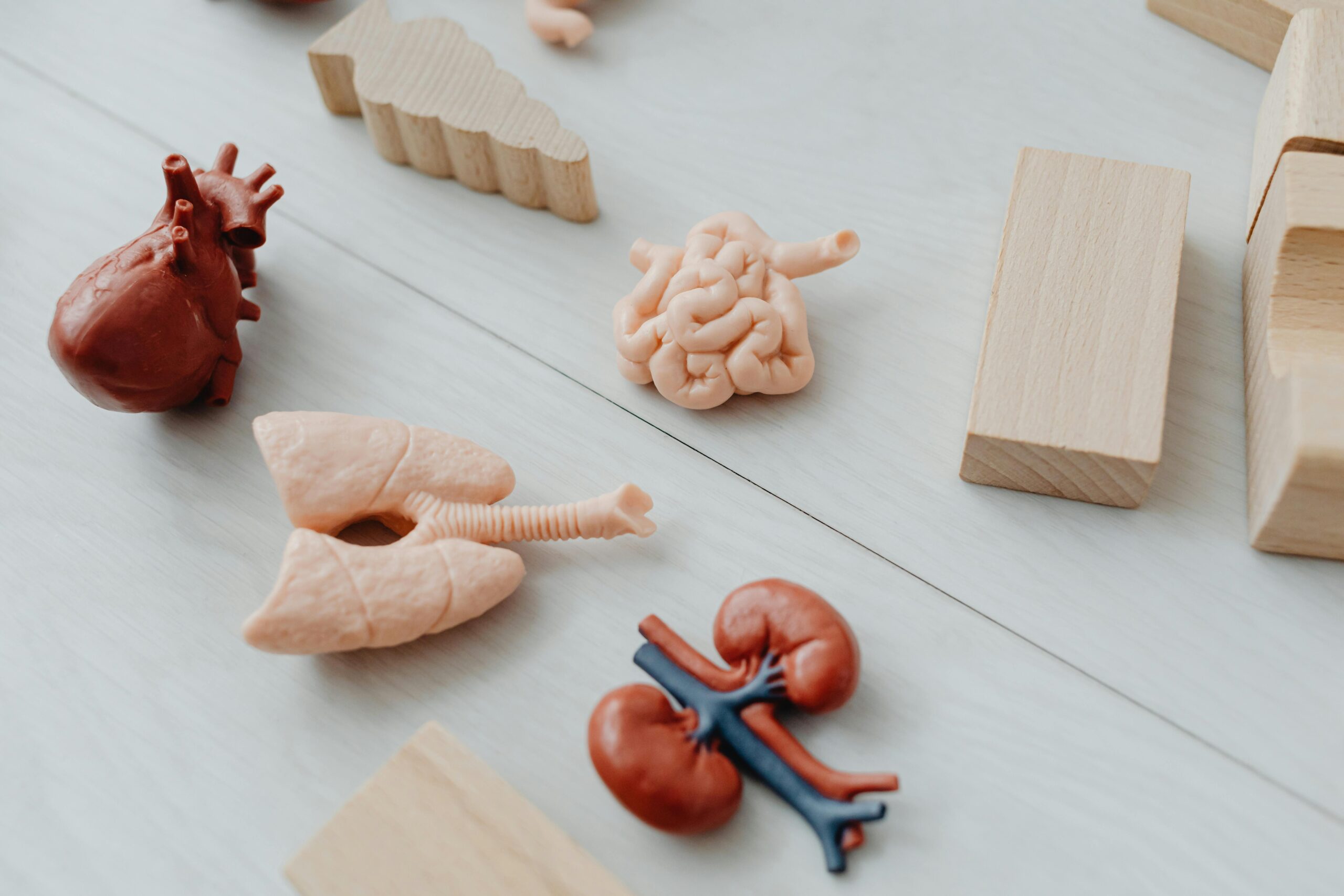Kidney diseases affect about 10 percent of the population, and millions die each year. Your kidneys play a crucial role in filtering waste and excess fluids from the body, regulating blood pressure, and balancing electrolytes. When your kidneys aren’t functioning properly, your body may send warning signals. Recognizing these signs early is crucial to prevent further complications.
Here are five crucial symptoms that may indicate your kidneys are not functioning well:
PERSISTENT TIREDNESS:
Persistent fatigue and weakness should not be missed. Feeling tired all the time is not okay. This could hint that your kidneys are not working properly, and that toxins and waste products are building in the blood. If you’re feeling unusually tired even after adequate rest, you must certainly talk to your doctor.
SWOLLEN ANKLES, FEET, OR HANDS:
Puffiness in your legs, ankles, feet, hands or face, known as edema, is a sign of kidney dysfunction. Kidneys not remove excess fluid, which can build up in the body,
leading to swelling, especially in the lower limbs, hands, or even in the face.
CHANGES IN URINE:
Changes in the urine are an indication of a kidney disorder. Pay close attention to your urine. Changes in frequency, color; or consistency could indicate kidney problems. Foamy or bubbly urine,
blood in the urine, frequent urination, pain, or a burning sensation while urinating are signs that should not be ignored.
SHORTNESS OF BREATH:
Difficulty in breathing should not be easily dismissed. Shortness of breath, even without physical exertion, may tie back to your kidneys. Fluid buildup in the lungs from poor filtration can make breathing
labored. Kidney-related shortness of breath is often confused with heart or lung problems, but your doctor could tell them apart.
DRY AND ITCHY SKIN:
Another sign of kidney dysfunction is dry and itching skin. Kidneys remove wastes and extra fluid from your body, help make red blood cells, keep bones strong, and work to maintain the right
amount of minerals in your blood. Dry and itchy skin may indicate a mineral and bone disorder commonly associated with advanced kidney disease.
HOW TO KEEP YOUR KIDNEYS HEALTHY:
A balanced diet can support kidney function by reducing strain and preventing toxin buildup. Add low-potassium fruits like apples, berries and grapes and vegetables such as cauliflower, cabbage,
and bell peppers. The antioxidants in it can combat inflammation without overloading the kidneys. Ensure to choose your lean proteins wisely.
Cut back on sodium, as excess would raise blood pressure, a leading cause of kidney damage.





